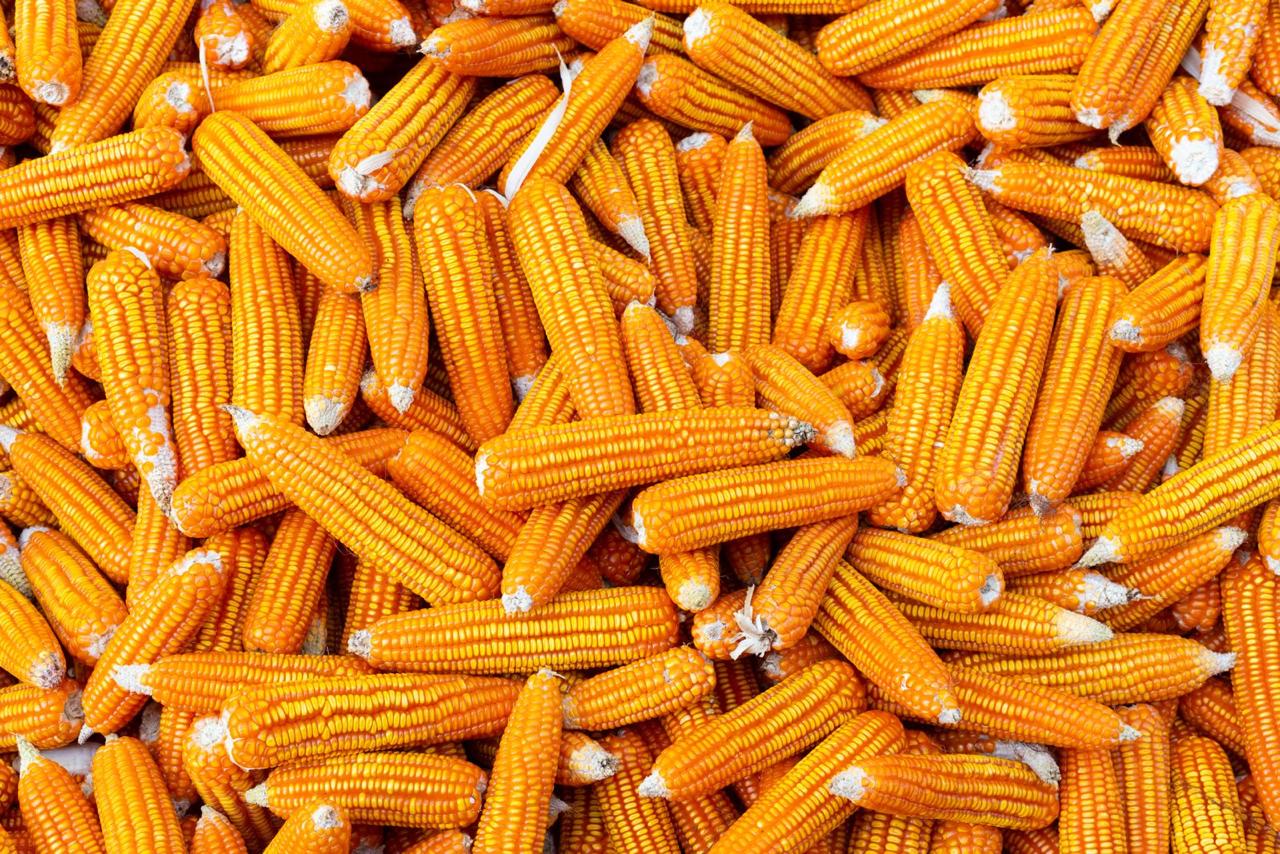Alto Ingredients Inc. on Nov. 6 released third quarter financial results, announcing an agreement with Vault 44.01 related to a carbon capture and sequestration (CCS) project in Illinois and indicating the company is considering idling its Idaho ethanol plant in response to falling margins.
The CO2 transportation and sequestration agreement (TSA) signed with Vault 44.01 focuses on the development of a CCS project at Alto’s Pekin campus. Under that agreement, Vault will transport, inject and sequester carbon dioxide captured at the Pekin campus into the Mt. Simon sandstone formation. According to Alto, the Pekin facility produces approximately 250 million gallons of specialty alcohols and renewable fuels per year, generating more than 600,000 metric tons of CO2 annually as a byproduct of the corn fermentation process. Bryan McGregor, president and CEO of Alto, said the partnership marks a critical milestone on the company’s journey towards a more sustainable and prosperous future.
McGregor also discussed operations at Alto’s biorefineries. He said the Pekin campus increased its production capabilities and uptime during the third quarter when compared to the same period of last year. Those increases improved the facility’s profitability despite fluctuating market conditions, he said.
According to McGregor, specialty alcohols accounted for 42% of production at the Pekin facility during the third quarter, up 7 percentage points from last year. He said the company remains on track to sell 90 million gallons of specialty alcohols this year and expects to match that volume in 2025.
The Magic Valley plant in Idaho completed upgrades to high protein and corn oil systems during the quarter, and in October consistently achieved average ethanol production rates at full capacity, McGregor said. He noted that the plant was able to achieve protein content of 50% or higher and expanded corn oil yields.
While the third quarter began with solid ethanol crush margins supported by strong exports, McGregor said domestic demand has begun to weaken and high inventory levels are pushing down prices. During the fourth quarter, Alto expects corn prices to remain low, reflecting a good harvest. Higher transportation costs, however, could significantly increase the price of delivered corn at Alto’s two western plants. While improvements made at the Magic Valley plants have delivered economic benefits, McGregor noted that recent increases in regional corn basis and declining protein and corn oil market prices have resulted in overall margin compression that outweighs the economic benefits of plant improvements. To address those challenges, he said the company is actively exploring alternatives to monetize or optimize its western plants, including through potential partnership. Unless there are notable improvements in economics at the Magic Valley plant, however, Alto plans to idle the facility before the end of the year.
McGregor said the Columbia plant in Oregon is also experiencing margin compression, but said lower transportation costs, premiums earned on lower carbon ethanol, and revenues generated from CO2 sales make that facility more economically resilient that Magic Valley.
Alto sold 96.8 million gallons of fuel ethanol and specialty alcohol during the third quarter, down slightly from 97.1 million gallons during the same period of last year. Net sales were $251.8 million, down from $318.1 million. Gross profit was $6 million, up from $4.2 million. Net loss available to common stockholders was $2.8 million, or 4 cents per share, compared to $3.8 million, or 5 cents per share. Adjusted EBITDA was positive $12.2 million, down from $13.6 million.
















